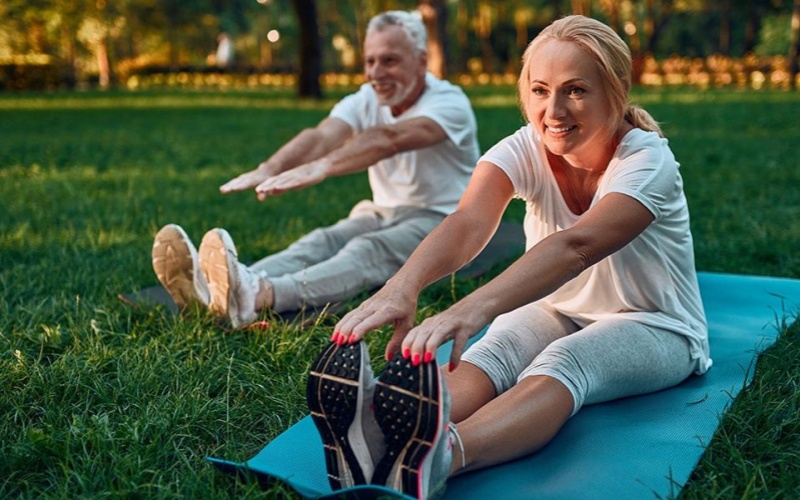One of the most significant advantages of regular physical activity is its positive impact on cardiovascular health. Engaging in activities such as running, swimming, or cycling strengthens the heart and improves circulation, reducing the risk of heart disease and stroke. Additionally, regular movement helps to lower blood pressure and improve cholesterol levels, contributing to better heart function.
Physical activity is also essential for weight management. In a world where sedentary lifestyles are increasingly common, maintaining a healthy weight can be challenging. Incorporating regular exercise helps to burn calories, build muscle, and boost metabolism. This combination not only aids in weight loss but also supports long-term weight maintenance, promoting a healthier body composition.

Moreover, physical activity enhances mental health by reducing symptoms of anxiety and depression. Exercise releases endorphins, often referred to as “feel-good” hormones, which can elevate mood and improve overall emotional well-being. Regular movement also promotes better sleep patterns, which are crucial for mental clarity and emotional stability. Engaging in physical activity can create a positive feedback loop, where improved mood encourages further engagement in exercise.
Flexibility and strength are additional benefits of regular physical activity. Activities like yoga and strength training enhance flexibility, balance, and muscle strength, reducing the risk of injury and improving overall physical performance. This is particularly important as individuals age, as maintaining strength and flexibility can enhance mobility and independence.

For those looking to incorporate more physical activity into their daily routines, simple changes can make a significant difference. Opting for stairs instead of elevators, taking short walking breaks throughout the day, or engaging in active hobbies such as dancing or hiking can increase daily movement. Setting achievable goals, such as walking a certain number of steps each day, can provide motivation and a sense of accomplishment.
Additionally, finding enjoyable activities can make physical activity more sustainable. Whether it’s joining a local sports team, attending group fitness classes, or simply enjoying outdoor activities with friends and family, the social aspect of exercise can enhance motivation and commitment.
Prioritizing physical activity, individuals can experience a multitude of benefits that contribute to a healthier, more fulfilling life. Embracing movement not only supports physical health but also nurtures mental well-being, creating a balanced approach to overall wellness. Making physical activity a regular part of daily life can lead to lasting positive changes and improved quality of life.




